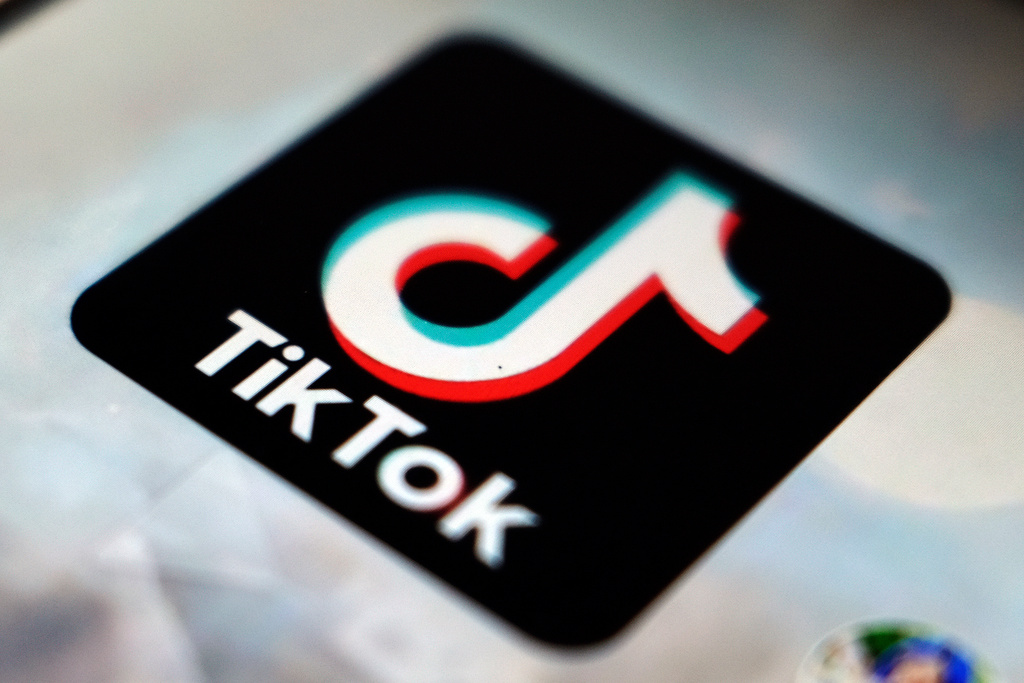If you feel like your communications are completely secure, we've got a question for you: Have you looked at the headlines recently?
Of course you have, so perhaps the Blackphone won't surprise you. (Via Fox News, MSNBC)
It's a pro-privacy smartphone designed for encrypted communications, private browsing and secure file-sharing.
"There has never been a time in the world where privacy has become such a commodity." (Via Blackphone)
Blackphone is a joint venture between private-communications startup Silent Circle and Spanish smartphone maker Geeksphone. It will reportedly run a custom version of Android called PrivatOS.
As for how it will work exactly, Blackphone doesn't offer a lot of details. Makes sense, since privacy is its thing. TechCrunch points out the wording in the announcement — perhaps purposefully — isn't overly technical.
"The fallout from Snowden's big reveal is clearly attracting new players to what could potentially become a much more mainstream space. … Their announcement very much feels targeted at a mainstream smartphone user, not a security specialist."
Or could the simple language be a reflection of how far along the project is — or rather, isn't? A writer for Time warns not to expect Blackphone on store shelves anytime soon.
"It's worth noting that Silent Circle decided to shut down its e-mail service last year to prevent NSA spying, and the company's work on a more secure service called Dark Mail is still a work in progress. A completely secure smartphone will be a much bigger undertaking."
That said, a Blackphone preview will reportedly take place at the Mobile World Congress trade show next month. Starting Feb. 24, the phone will be available for preorder. No word yet on a shipping date. (Via Blackphone)
As for who will buy it, CNBC says Blackphone is trying to grab some of the business market and compares it to BlackBerry's "NSA-proof" encryption and Samsung's Knox service. (Via CBC)
The executive director at Strategy Analytics tells CNBC: "Blackphone may be a 'build it and flip it' technology. The developers may have potentially created something that is interesting enough to be bought out by one of the major device brands, like HP or Dell."
But it's hard to say with so few details available now. We should know more when it's previewed next month. That is — unless that information is encrypted, too?










